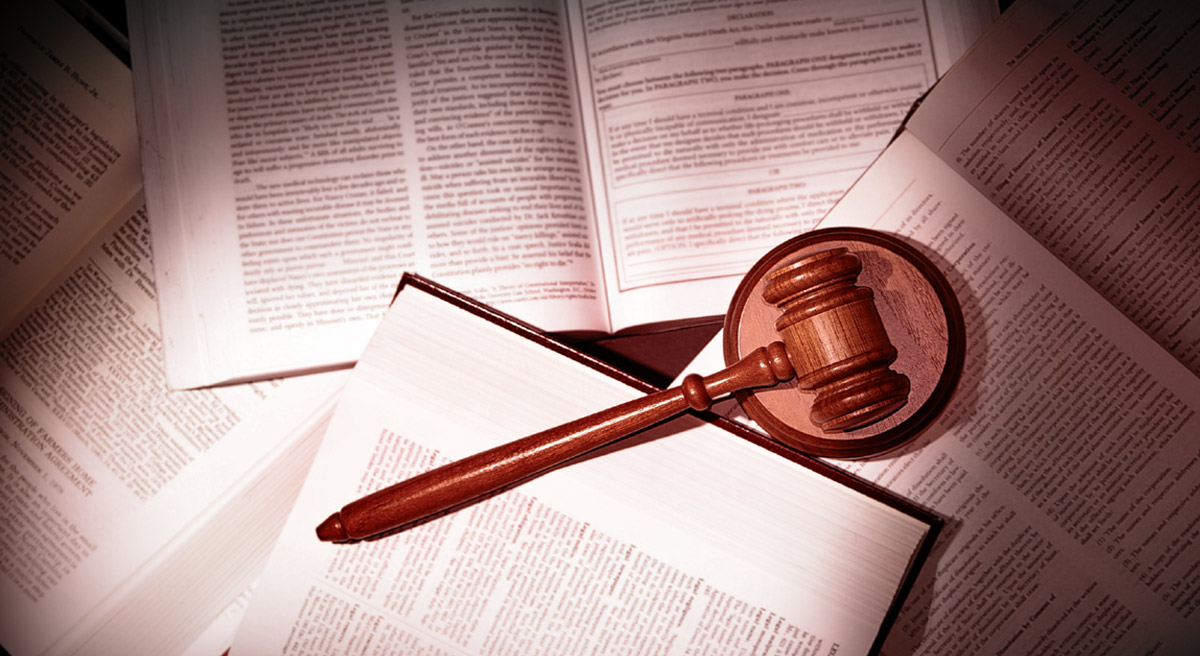
In recent years, there has been a surge in the number of demands and claims made or filed against companies engaged in R&D activities in Israel, by employees and former employees alike, seeking compensation for "service inventions". A “service invention”, is defined in the Patents Law, as an invention arrived at by an employee during and in consequence of his or her[1] service.
According to the Patents Law, ownership of a service invention generally vests with the employer. The Patents Law further stipulates, in section 134, that in the absence of an agreement determining whether, to what extent and on what conditions the employee is entitled to remuneration for a service invention, the matter will be decided by a statutory committee (the Compensation and Royalties Committee established under the Patents Law and operating at the Israel Patent Office ("the Committee")
All too often, demands and claims for compensation for service inventions are raised many years after the inventions were arrived at and, in some cases, even after having been commercially exploited by the employer. Such was the case of Dr. Ruth Levy, a former R&D employee of Teva Pharmaceutical Industries Ltd. ("Teva"), a leading global pharmaceutical company based in Israel.
In 2014, Dr. Levy filed a claim against Teva with the Committee, seeking compensation in the form of royalties, for inventions that she had co-invented while being employed at Teva. The inventions related to "Azilect", Teva's branded drug for the treatment of Parkinson's disease. The development of Azilect by Teva began in 1986 and the drug was marketed by Teva as of 2005.
Teva moved the Committee to dismiss Dr. Levy's claim in limine.
Teva argued in this respect, inter alia, that all the inventions for which Dr. Levy sought compensation were arrived at more than seven years prior to her claim being filed; hence, the claim was time-barred under the statute of limitations.
In 2017, the Committee rendered a decision accepting Teva's motion to dismiss. The Committee noted that while several alternatives could be considered for the date of accrual of the cause of action of an employee's claim for compensation for service inventions, it was not necessary to decide amongst them since Dr. Levy's claim was time-barred under all of these alternatives. Dr. Levy subsequently filed a petition with the High Court of Justice (HCJ) for annulment of the Committee's decision.
In denying Dr. Levy's petition, the HCJ reiterated its previous ruling in the Iscar case[2]—namely, that the scope of the court's intervention in the Committee's decisions is extremely limited, and reserved for exceptional cases. Importantly, in adding to the rationales already provided for the limited intervention doctrine in Iscar, the HCJ ruled, for the first time, that the Patents Law does not confer upon employees an a priori right to actually receive compensation from the employer in connection with a service invention. Rather, the Patents Law confers upon an employee a "weak" right to apply to the Committee requesting that it determine whether, and to what extent, compensation should be awarded.
The HCJ further clarified, also for the first time, that the date of accrual of an employee's cause of action giving rise to a claim for compensation for a service invention, is the date on which the employee must notify his employer about the invention; namely as soon as possible after the invention was arrived at by the employee (as prescribed in section 131 of the Patents Law). Accordingly, a claim for compensation in relation to a service invention will normally become time-barred within seven years from such date of notification.
Comment
As explained above, the HCJ ruled that the date of accrual of the cause of action is the date on which the employee must notify the employer about the invention pursuant to section 131 of the Patents Law; namely as soon as possible after the invention was arrived at by him. It therefore stands to reason that as long as the employee complies with this obligation, the date of accrual of the cause of action will be the date on which the employee actually notifies the employer about the invention. However, if the employee fails to comply with such obligation, it seems appropriate to deem the date on which the employer should have provided the notice (rather than the actual date of notification), as the date of accrual of the cause of action. Indeed, it would be inappropriate for the employee to suppress his notice to the employer and thereby prolong the period of limitations for filing a claim for compensation.
On the practical side, it would be advisable for companies engaged in R&D activities to make sure that their employees provide them with timely, orderly and detailed notices of any inventions arrived at by them during the course of their employment. Such notifications are important for a number of reasons: they help exhaust the potential benefits from the company's R&D activities; they assist in identifying the true inventors of the invention, as well as each inventor's relative contribution to its conception; and, in view of the HCJ's judgement, such notifications may well serve as evidence of the date of accrual of the employee's cause of action under section 134 of the Patents Law.
It should generally be noted, however, that employers should preferably take active measures to avoid, or at least mitigate, their exposure to demands and claims of employees for compensation for service inventions. In view of the decisions rendered by the Committee and the HCJ in Iscar, as well as the Committee's decision in John Doe[3] (all of which were rendered in cases handled by our firm), employers can consider taking several steps to reduce their exposure:
- Have employees sign an appropriately drafted explicit waiver of any demand or claim for additional compensation for service inventions, in excess of his salary.
- Have employees sign, upon severance of the employment relations, a general waiver and release form.
- Award employees specific compensation – even if limited – for service inventions, under their individual employment agreements or based on an internal policy adopted by the employer. It should be noted that in its decisions in both Iscar and John Doe, the Committee ruled that the mere existence of an agreement between the employer and the employee on the issue of compensation, irrespective of the amount of compensation provided thereunder, will exclude the Committee's jurisdiction to entertain the employee's claim.
The above measures are not mutually exclusive.
Adv. Tal Band and Adv. Noam Blei represented Teva in these proceedings.
We will be glad to answer your questions and assist, as necessary, in matters relating to employee inventions.
We take this opportunity to wish you Happy Holidays and a Wonderful New Year!
[1] References to the masculine in this newsletter are for convenience purposes only and are intended to address all genders.
[2] HCJ 4353/14 Barazani v. Iscar Ltd. (8.7.2015).
[3] Committee's decision in John Doe v. Company (3.5.2017)


